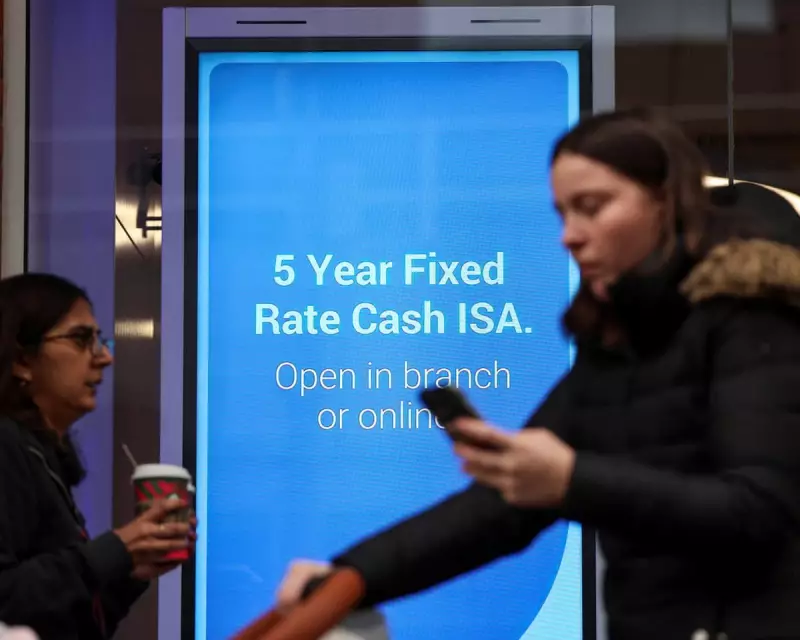
Mortgage Market Fears as Chancellor Targets Popular Savings Accounts
Plans by Chancellor Rachel Reeves to drastically reduce the annual cash Individual Savings Account (ISA) allowance could have severe knock-on effects for the UK's mortgage market and savers, according to leading finance industry figures. The proposal, expected to be announced in Wednesday's budget, would see the maximum amount people can save tax-free in cash ISAs cut from £20,000 to £12,000 – a reduction of 40%.
The Treasury has been scrutinising the ISA limit, sparking a fierce debate over whether scaling back tax breaks on these popular accounts could encourage a shift from cash savings into stock market investments, particularly in British companies. Chancellor Reeves has spoken publicly about wanting to strike a "balance" and foster a stronger culture of retail investing in the UK, similar to that in the US.
Building Societies Sound the Alarm on Lending
However, this potential policy shift is causing significant concern among banks and building societies. These institutions rely heavily on cash ISA deposits as a key source of funding for loans to households and businesses. Nationwide Building Society has previously warned that cutting tax breaks on these accounts would directly impact the availability of mortgages, especially for first-time buyers.
Robin Fieth, chief executive of the Building Societies Association, expressed his disappointment. "A cut to £12,000 will not encourage more people to invest but will add unnecessary complexity... and risks damaging the overall Isa brand. This may also deter people from saving and investing," he stated.
The concern is that with less money flowing into savings accounts, there will be less capital available for lenders to issue as mortgages. Tim Bowen, former chief executive of Penrith Building Society, called the move a "backward step for UK savers but the whole building society ecosystem." He added, "Less money being saved means there will be less to lend, which is bad news for borrowers and the property market as a whole."
Consumers and Competition at Risk
The potential consequences extend beyond just the quantity of available mortgages. Craig Fish, director of Lodestone Mortgages, suggested that reducing the cash ISA allowance could lead to tighter lending conditions and potentially higher mortgage rates. "Slash cash Isa allowances and you reduce the very savings pots these lenders depend on. Less money in means less money out," he explained. He warned that this move risks "choking off competition and putting pressure on already sensitive parts of the property market."
This warning comes at a time of heightened sensitivity for borrowers. The latest official figures underscore the popularity of cash ISAs, with almost 10 million accounts taken out in the 2023-24 tax year and a record £103 billion deposited into them.
A survey from Yorkshire Building Society, published on Monday, indicated that almost half of the cash ISA holders polled believed any reduction to the £20,000 allowance would impact them "moderately or severely".
While the government's aim may be to stimulate investment in stocks and shares, some experts are sceptical. Rachael Griffin of Quilter noted, "If a cap does come in, it is unlikely to send money rushing into stocks and shares Isas. Instead, we could see more flowing into premium bonds or other perceived safe options." This suggests the policy may not achieve its stated goal of boosting retail investment in UK companies.





